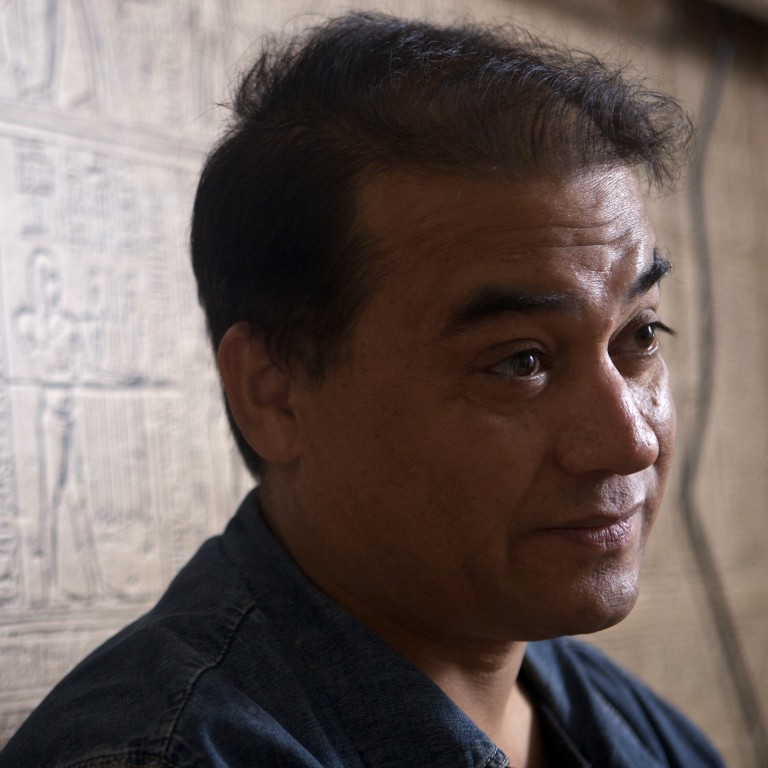
EU trip to Xinjiang ‘in stalemate’ over access to jailed Uygur academic Tohti, diplomat says
- European diplomat says negotiations have stalled because of a request to visit the economist who is serving a life sentence on separatism charges
- Chinese ambassador says the mission made ‘unacceptable requests’ by insisting on meeting a ‘criminal convicted by Chinese law’
Since 2019, China says it has invited foreign diplomats and UN human rights chief Michelle Bachelet to visit Xinjiang, where rights groups allege more than 1 million Uygurs and other Muslim minorities are detained in internment camps.
But there has been little sign of progress.
“Negotiations are in a stalemate because of Tohti and other conditions,” the diplomat said. “I don’t think they are going soon.”
China’s ambassador to the European Union, Zhang Ming, on Tuesday said “almost everything had been arranged” for EU member states’ ambassadors to visit Xinjiang.
But it had snagged on “unacceptable requests”, he added.
“They insist on a meeting with one criminal convicted by Chinese law,” he said. “This is unacceptable, I’m so sorry.”

China strongly denies allegations of abuse involving Uygurs in Xinjiang and says all inmates have “graduated” from “vocational training centres”, which it claims have helped stamp out extremism in the region and raise incomes.
A delegation of three EU officials who took part in a carefully organised Xinjiang visit in January 2019 previously said they believed the people they met in a “training centre” were reciting a dictated speech.
China’s treatment of Uygurs meets criteria of United Nations’ Genocide Convention, says think tank report
Zhang added that Chinese Foreign Minister Wang Yi extended an invitation to Bachelet on March 7, after she called for an “independent and comprehensive assessment of the human rights situation” in Xinjiang in late February.
He insisted that Xinjiang is “open to foreign diplomats, journalists and tourists”.
All foreign journalists have faced extensive harassment and surveillance from Chinese authorities when attempting to report from Xinjiang over the past year, according to the Foreign Correspondents’ Club of China.

.png?itok=arIb17P0)